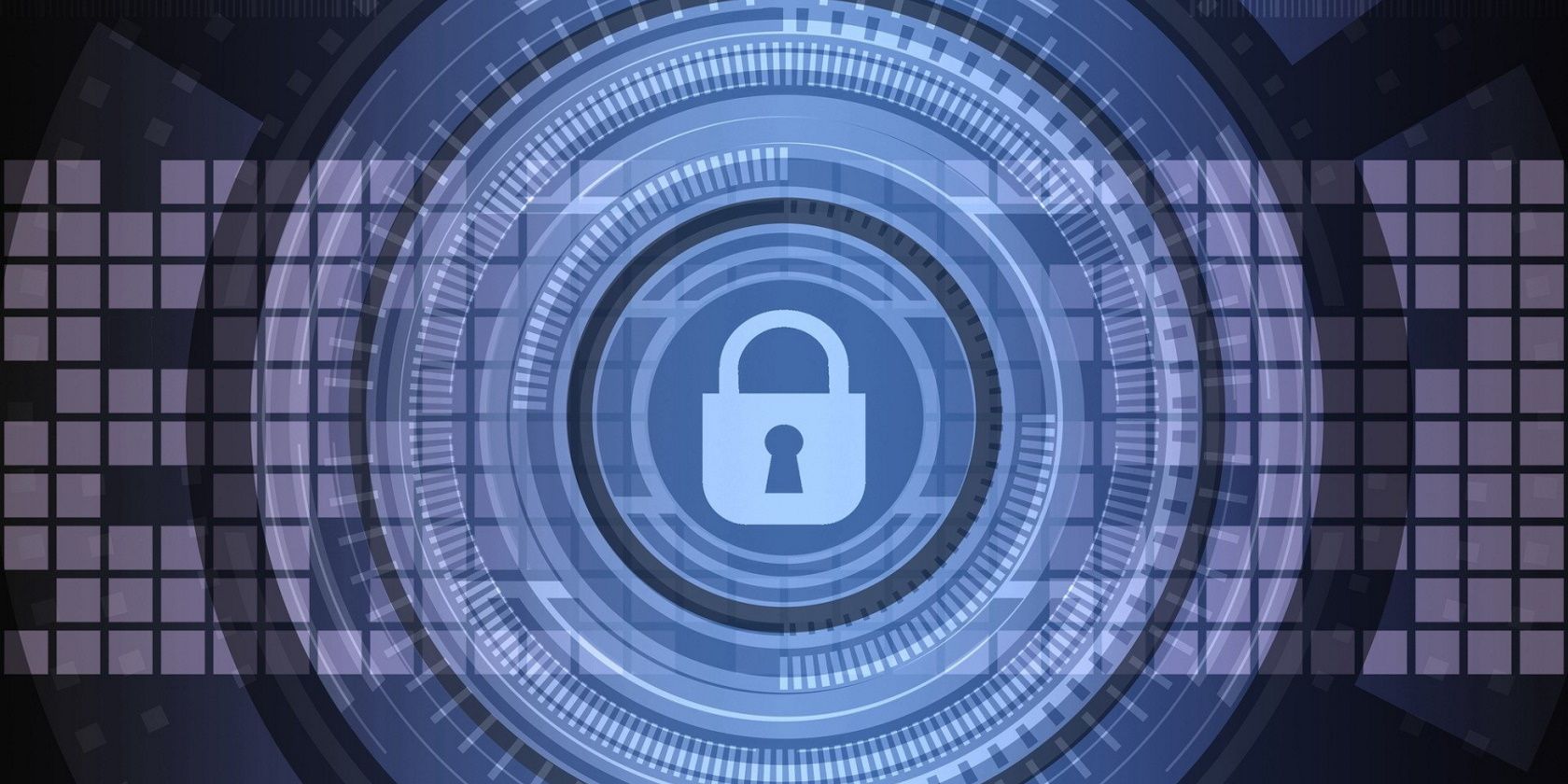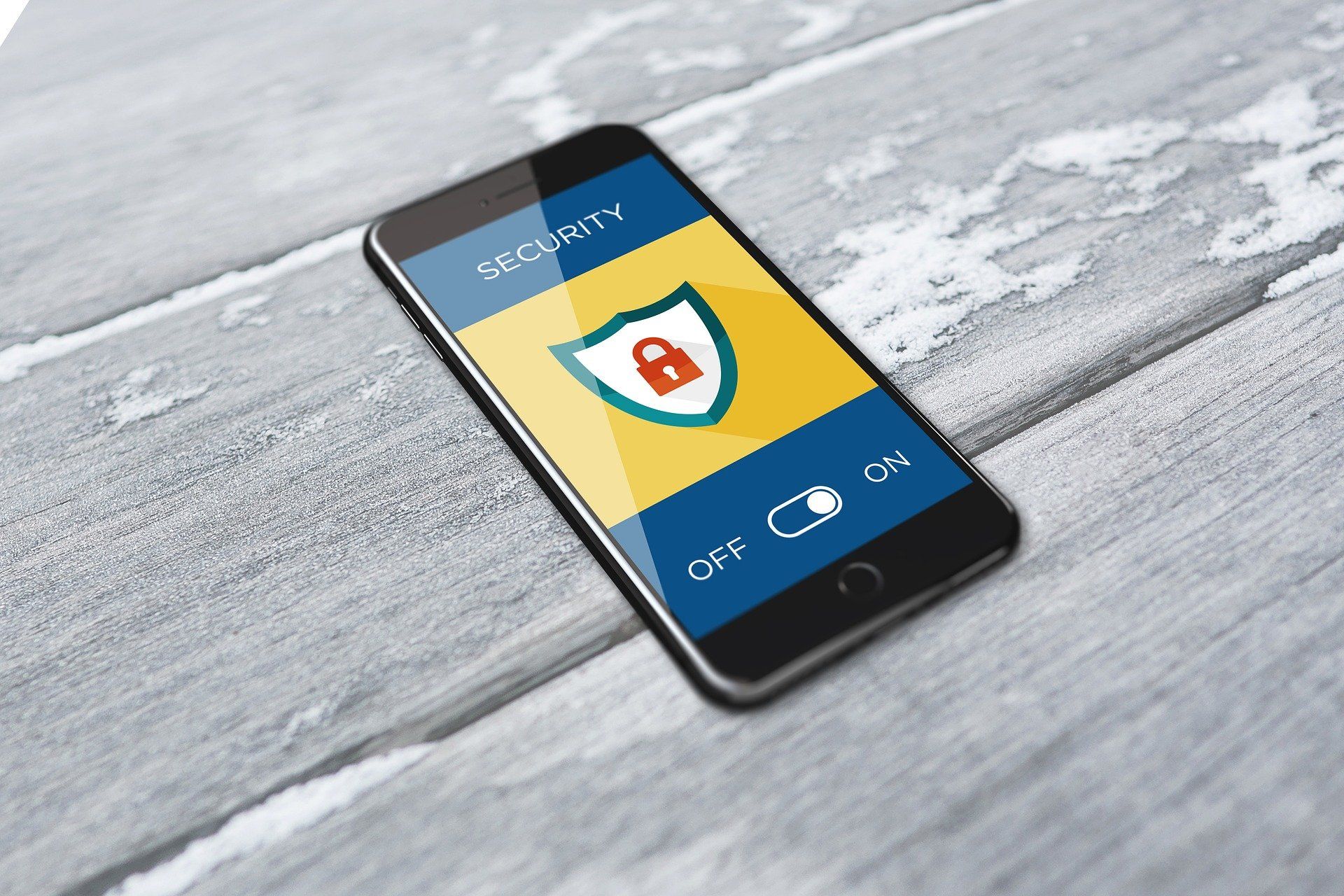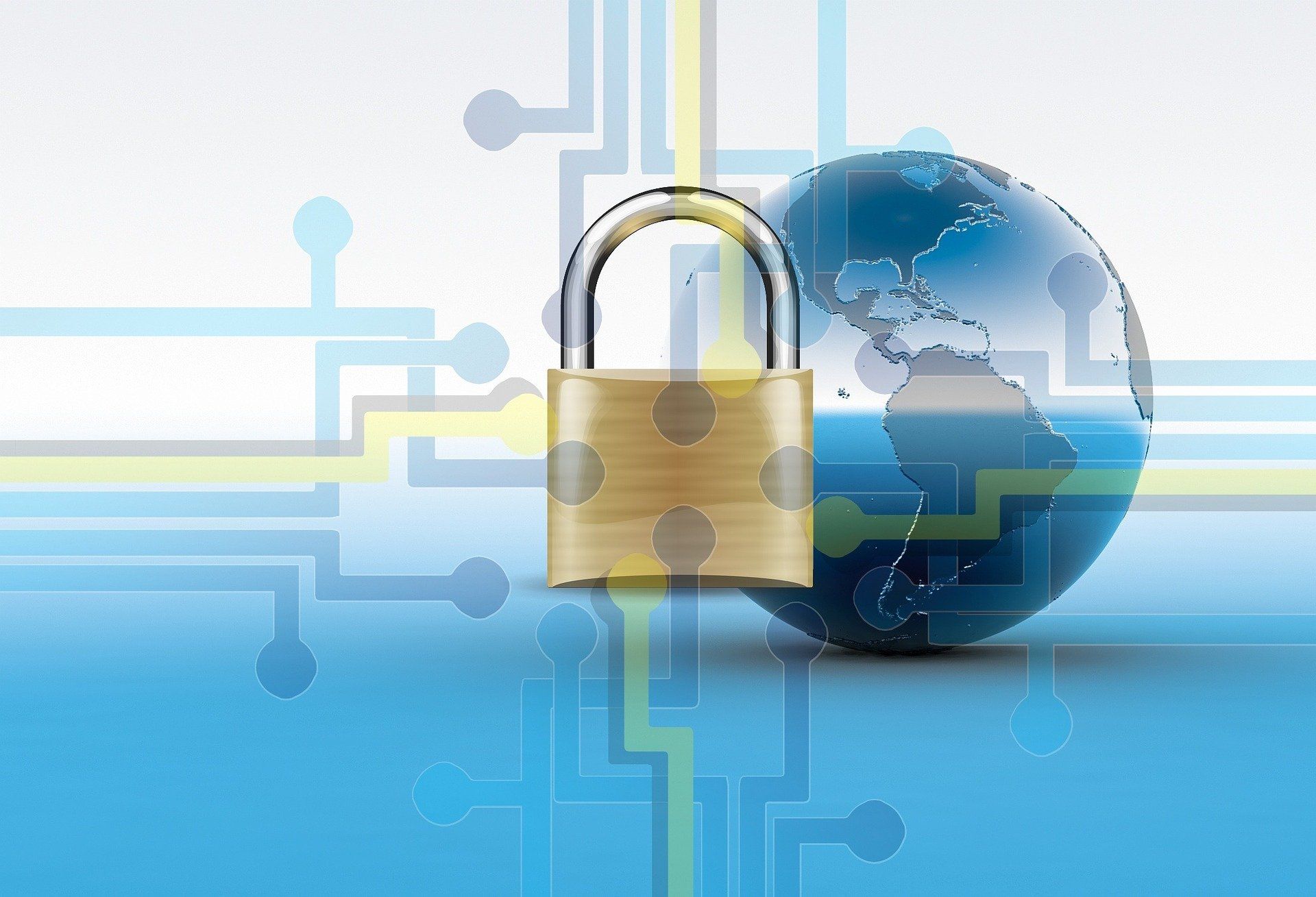Encryption is a hot topic in the world of instant messaging. Some take a more serious approach to their security—like Telegram and WhatsApp—while others are still lacking in features on that front.
Even Facebook’s Messenger, which used to be seen as a less secure option, has implemented encryption functionality and its developers have demonstrated an elevated attention to security.
All users actively benefit from the use of encrypted messaging. At the same time, it’s not a universal solution to some of the problems people associate it with, so it’s good to have an understanding of the fundamental concepts and how all of this impacts you personally.
How Encrypted Messaging Works
Many people have started to show interest in encryption. There are various factors that can be pointed out as the probable reasons for this growing interest, but the important thing is to understand how these apps work in the first place, and what they bring to the table for the average user.
Traditionally, instant messaging apps work by transmitting messages between users by using a server as an intermediate point. That is, when you send a message to one of your contacts, the message is actually sent to one of the company’s servers, which then forwards it to the intended recipient.
An obvious problem with this setup is that anyone with access to those servers can potentially intercept communications, and even modify them on the fly.
Moreso, an intruder doesn’t actually need to access the company’s servers themselves. As long as they can insert themselves at any point in the communication chain, they can obtain the same level of access.
This means that a compromised Wi-Fi network could potentially be reading your messages and forwarding them to third parties. As long as you’re using an unencrypted app, that is.
Encrypted messaging apps get around this problem by encrypting their messages end-to-end. That means your app encrypts (i.e. scrambles) your messages before sending them to the server, and the recipient decrypts them on their end locally. Even the company’s operators can’t access any of your communications, as long as the encryption keys remain uncompromised.
Why Did Instant Messengers Become Popular?
Encryption wasn’t that big of a deal a decade or so ago (at least for most users), but things have been changing fast. People have less trust in governments and private organizations to keep their data safe these days.
High-profile cases like the Snowden leaks seemed to solidify those notions even further. People who have nothing to hide prefer to use encrypted messaging by default, just because they understand that it’s one level above all other forms of communication in case anyone else is watching.
There are also concerns like law enforcement seizing personal devices in the course of investigations, airports requiring access to devices for international travel, and various other incidents that have driven more and more people to explore their options on the market for encrypted messaging.
And as can be expected, that market has seen a lot of growth as a result too. Many people have started to expect encryption capabilities to be offered by default at this point, and things will likely continue moving in that direction.
Why Should You Care About Encryption?
This leads to the obvious question of whether you should care. Generally, you might assume that as long as you’re not sending any inappropriate or illegal content, it’s irrelevant whether you use encrypted messaging or not.
But it’s about much more than that. Encrypted messaging means that hackers couldn’t potentially intercept your communications and extract details like payment information or personal data that can then be used to access accounts.
Considering that most popular messaging apps come with encryption capabilities out of the box these days, it makes no sense to avoid them at this point. All of the heavy lifting happens behind the scenes and you don’t have to put any effort into it yourself, including for the initial setup.
There might be some hurdles to overcome if you want to take advantage of more advanced encryption features, but for most people’s needs, that shouldn’t be necessary.
Are Encrypted Messaging Apps Really Safe?
Can these apps really keep your communications safe? Yes and no. It’s important to understand that encryption, like all other technologies, has its limitations and disadvantages.
If the encryption keys are ever compromised, for example, an attacker could potentially access your communication without any extra effort. It’s also important to remember that you have no real control over the actual implementation of that encryption.
What this means is that an app could just be lying about encrypting your communication, and it's difficult to find out either way. You may perform some network analysis to figure out what kind of data is being transmitted, but that won’t necessarily tell you anything useful.
If the app has a backdoor that provides access to the encryption keys to its developers, for instance, this will invalidate all the effort in keeping your communications safe.
If you don’t care about encryption in the end, that’s typically fine. Just remember that there could be some repercussions to using outdated apps with security exploits that you might not immediately consider. On the other hand, putting too much trust into encrypted platforms is arguably just as bad, because it exposes you to severe risk when you drop your guard in conversations.
It’s best to stick to the reasonable middle ground, take advantage of what these apps have to offer, but not trust them for anything that you wouldn’t want to see published online.
Things to Keep in Mind
Remember that these apps are likely going to keep gaining popularity too. As more and more people start to show interest in keeping their communications secure and private, we’re likely going to see more solutions on that front, and fewer unencrypted messaging apps.
With that in mind, you may not really have a choice at some point down the road—using an app like this will just be the norm. In that case, make sure you understand the implications of this technology, even if it is a force for good.



